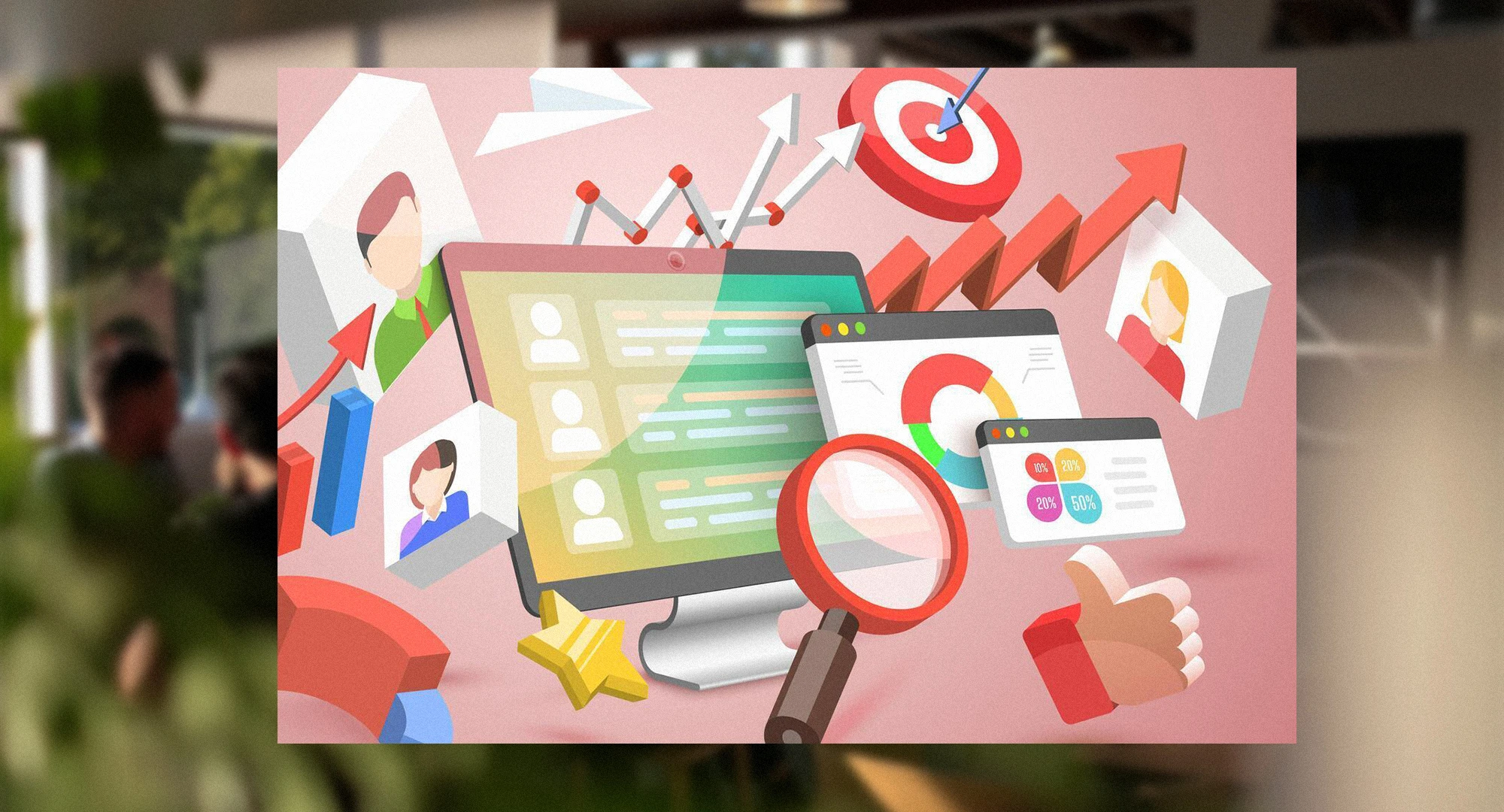
Pharmaceutical Software Development: FAQs & Insights
Introduction
Many pharmaceutical companies struggle to keep pace with digital product expectations. Outdated systems limit collaboration, slow down research, and create data silos.
This article answers the most important questions about pharmaceutical software development. It helps clarify use cases, software types, and what pharma leaders should expect when developing or implementing digital tools.
This guide is for Directors, VPs, and Heads at enterprise pharma companies seeking better digital systems. If you’re exploring CRM, ERP, or custom software development in the pharmaceutical industry, you’ll leave with clarity and practical steps.
FAQs Snapshot
What is pharmaceutical software development?
Pharmaceutical software development is the process of designing digital tools for pharmaceutical companies. These tools support research, production, compliance, sales, and data analysis.
Why is pharmaceutical industry software important?
Pharmaceutical industry software improves speed, accuracy, and compliance across departments. It helps pharma companies stay competitive and meet industry regulations.
What is CRM software for pharmaceutical companies?
CRM software for pharmaceutical companies helps manage interactions with healthcare providers, track sales activity, and ensure compliance. Pharmaceutical CRM software allows sales reps to organize contacts, streamline communication, and align with medical standards.
How is pharmaceutical ERP software different?
Pharmaceutical ERP software connects supply chain, manufacturing, inventory, and compliance functions. It provides a single source of truth for operations.

Can pharmaceutical software solutions scale with enterprise needs?
Yes. Pharmaceutical software solutions, especially cloud-based systems, are designed to scale across regions, brands, and user roles.

Let’s kickstart the conversation and design stuff people will love.

Deep-Dive Sections

What It Is & Why It Matters
Pharmaceutical software development involves building platforms to meet the unique needs of pharma operations. From drug development to market launch, software enables faster, safer, and more accurate processes.
How It Works
Software development in the pharmaceutical industry often follows agile methods. Teams define features, build minimum versions, test them in controlled settings, and deploy in phases. Integrations with internal databases, lab systems, and regulatory reporting tools are common.
When to Use It (and When Not To)
Pharma companies should invest in pharmaceutical software when current systems no longer meet business needs. Custom tools are useful when off-the-shelf options fail to support workflows. However, companies with simple processes may not need custom solutions.
Tools or Platforms Involved
Common pharmaceutical software solutions include CRM platforms like Veeva or Salesforce, ERP systems like SAP, and lab data systems like LabWare. Custom software may connect these tools or replace them altogether.
Cost Considerations
CRM software for pharmaceutical companies is often priced by user seat. ERP systems and custom software can involve large implementation fees and long timelines. Planning for upgrades, testing, and training is essential.
Integration or Setup Requirements
Pharmaceutical software development requires clear integration paths with internal systems. Teams must define APIs, security protocols, and data ownership. Without this, the risk of delays and errors increases.
Scalability & Flexibility
Most modern pharmaceutical software solutions are built to scale. Enterprise platforms often include role-based access, region-specific modules, and integration support for global teams.
Alternatives or Comparisons
Spreadsheets and email chains still dominate in some pharma workflows. These are prone to error and inefficiency. In contrast, pharmaceutical CRM software and ERP systems offer structure and traceability.
How G&Co. Can Help
G&Co. helps enterprise pharmaceutical brands plan, build, and optimize digital systems. We bring experience across CRM, ERP, and product development to solve your challenges.
Our team offers strategic consulting, systems integration, and product delivery support. We understand what slows teams down and what unlocks growth.
Talk to us to clarify your strategy and move forward with confidence.
Conclusion & Next Steps
This article explained the key elements of pharmaceutical software development. It defined types of tools, common benefits, and what leaders should consider when choosing a path forward.
Now it’s time to evaluate your own systems. Explore how CRM, ERP, and custom platforms can support your goals.
Still have questions? Reach out and let’s solve them together.






%20(1).png)






